
بريد إلكتروني أذكى، وأعمال أسرع. وسم وتحليل والرد تلقائيًا على طلبات العروض، وعروض الأسعار، والطلبات، والمزيد — فورًا.
الرائج الآن
Walmart Expands Drone Deliveries Following Trump’s Move to Ease BVLOS Restrictions
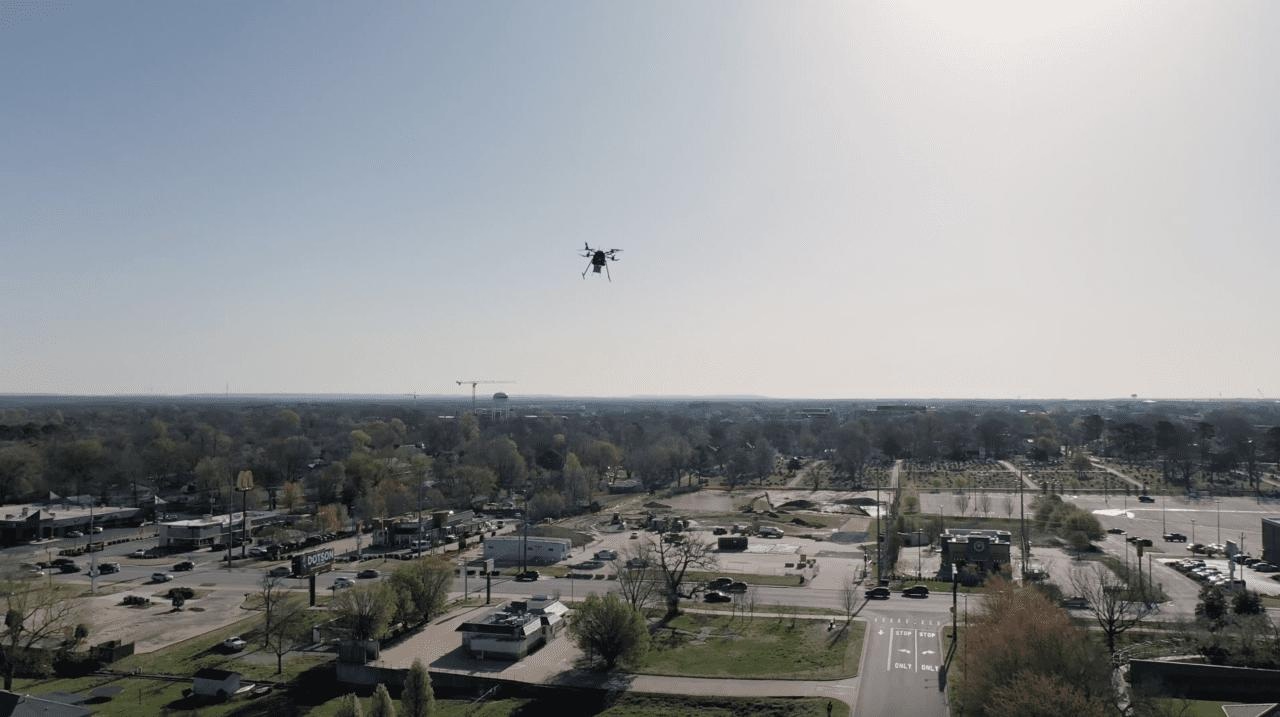
Walmart Expands Drone Delivery Operations Following Regulatory Changes
Walmart is significantly expanding its drone delivery services in response to recent federal regulatory changes initiated under former President Donald Trump, which ease restrictions on Beyond Visual Line of Sight (BVLOS) drone flights. This regulatory adjustment is poised to accelerate the integration of drone technology within retail logistics, allowing companies like Walmart to deliver products more efficiently and to a wider customer base.
Regulatory Shift and Industry Impact
The relaxation of BVLOS rules marks a pivotal change for the commercial drone industry, which had previously been constrained by limitations on the operational range of drones. By permitting drones to fly beyond the direct line of sight of their operators, the new regulations facilitate faster, more flexible delivery models. This shift is expected to catalyze broader adoption of drone technology across the retail sector, enhancing the speed and reach of last-mile delivery services.
Walmart’s expansion strategy is supported by collaborations with prominent technology firms, notably Wing, a subsidiary of Alphabet, Google’s parent company. The retailer has announced plans to extend its drone delivery network to three additional states, aiming to provide rapid, on-demand delivery options to an increasing number of customers.
Challenges and Competitive Landscape
Despite the promising outlook, Walmart faces several challenges in scaling its drone delivery operations. The company must ensure strict compliance with evolving regulatory frameworks while integrating drone technology seamlessly into its existing logistics infrastructure. Additionally, Walmart confronts intensifying competition from other major players, particularly Amazon, which is expected to accelerate its own drone delivery initiatives in response to the regulatory changes.
Market response to Walmart’s expansion has been largely favorable, with consumers showing heightened interest in faster and more convenient delivery services. Industry analysts suggest that the easing of BVLOS restrictions could stimulate innovation and competition within the delivery sector, potentially transforming traditional methods of goods transportation and receipt.
As Walmart advances its drone delivery program, its ability to navigate regulatory, technological, and competitive challenges will be crucial to sustaining long-term success. The evolving regulatory environment and growing market demand indicate that drone delivery may soon become a mainstream option for consumers across the United States.
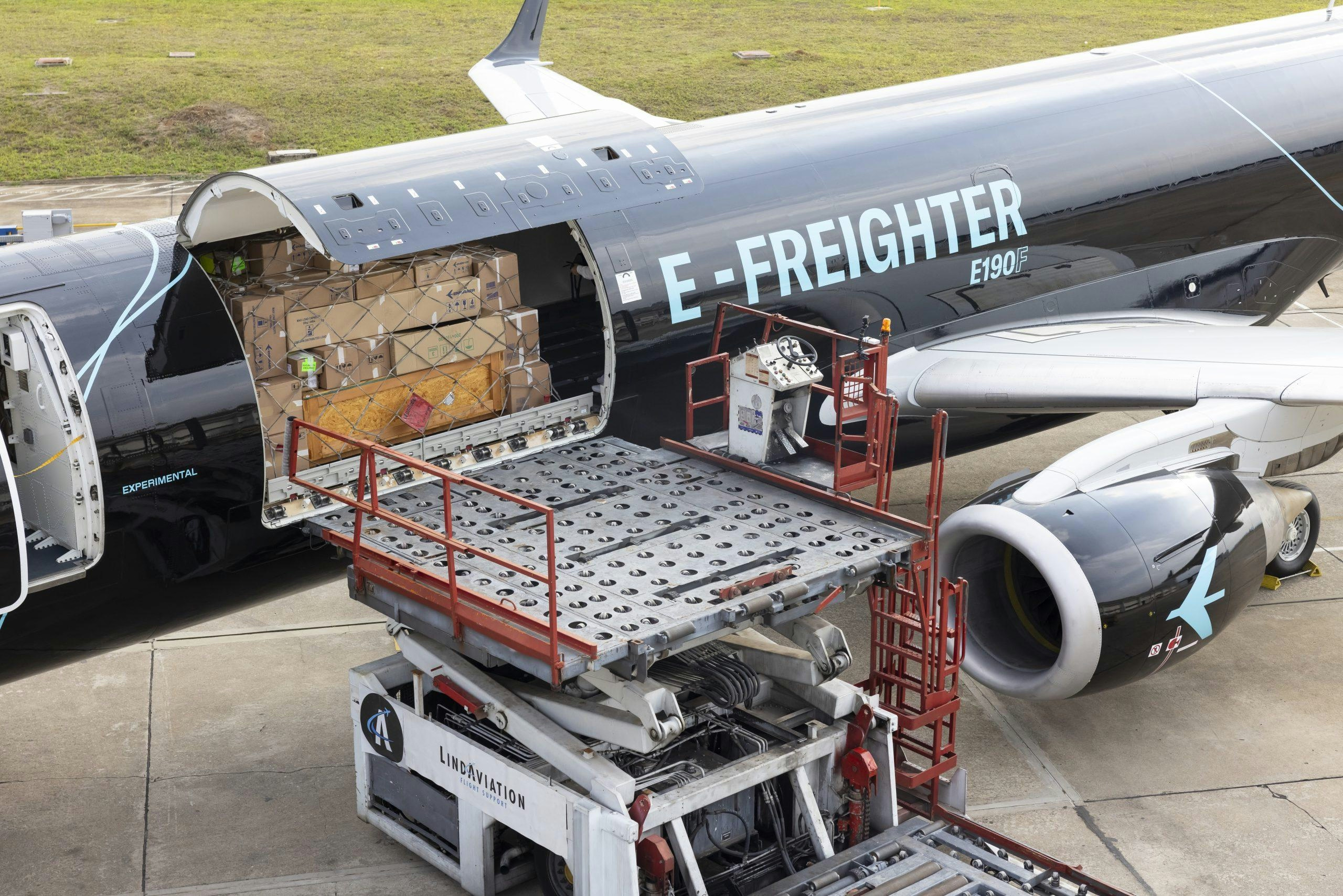
Malaysia Seeks Airbus and Embraer for MRO and Supply Chain Hub
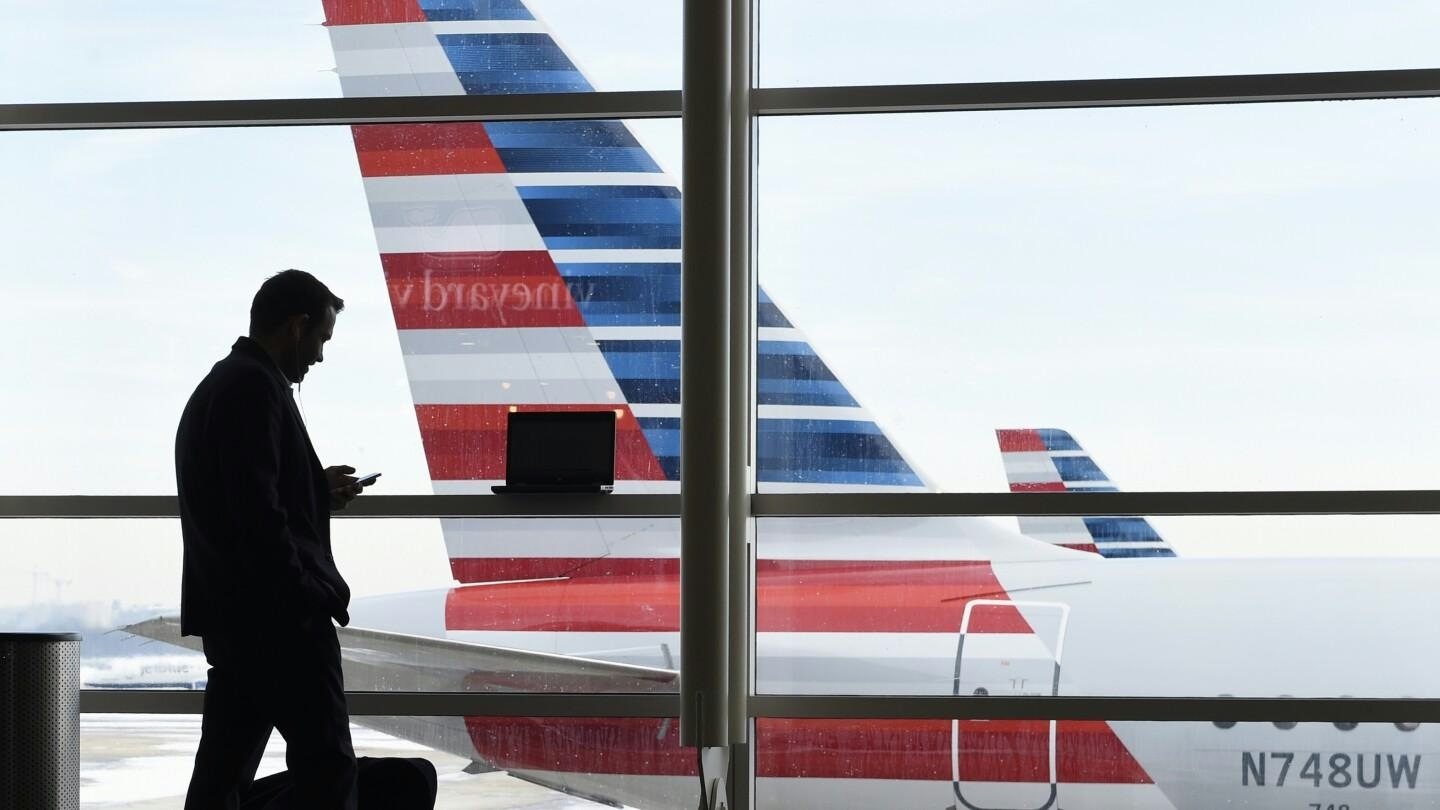
American Airlines Uses AI to Digitally Transform Travel
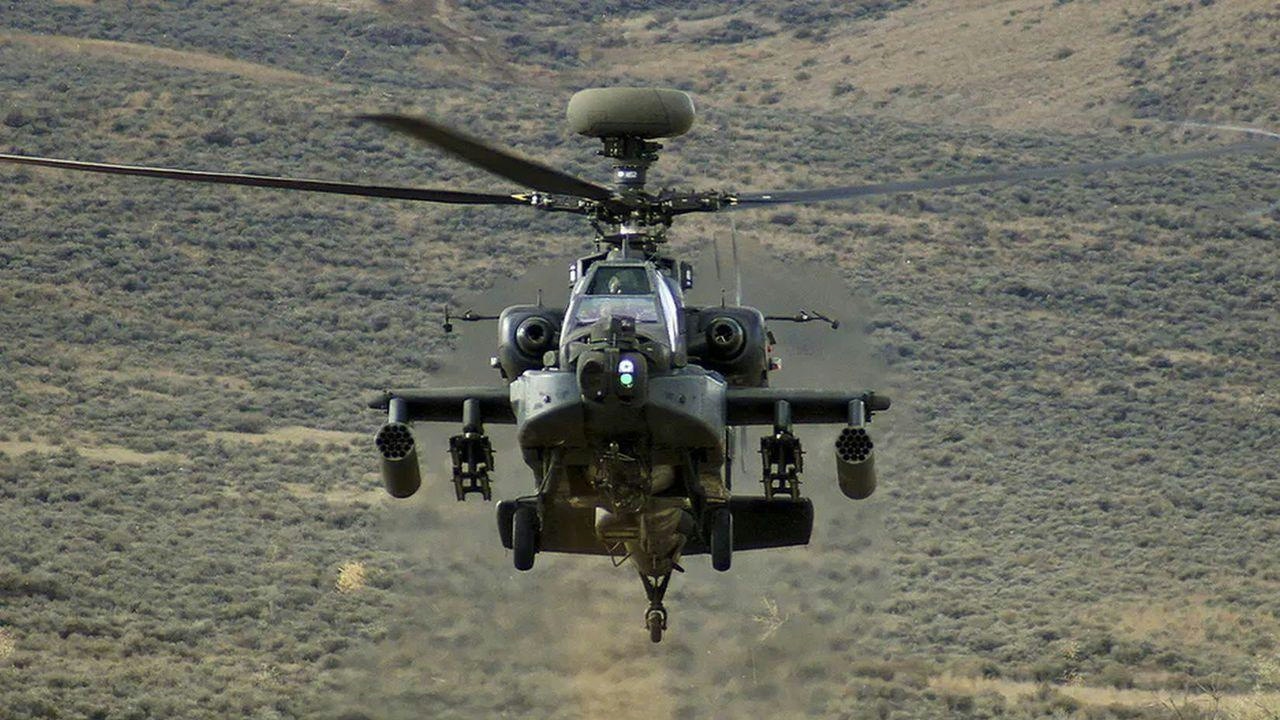
South Korea to Cancel AH-64 Apache Helicopter Order Amid Budget Cuts
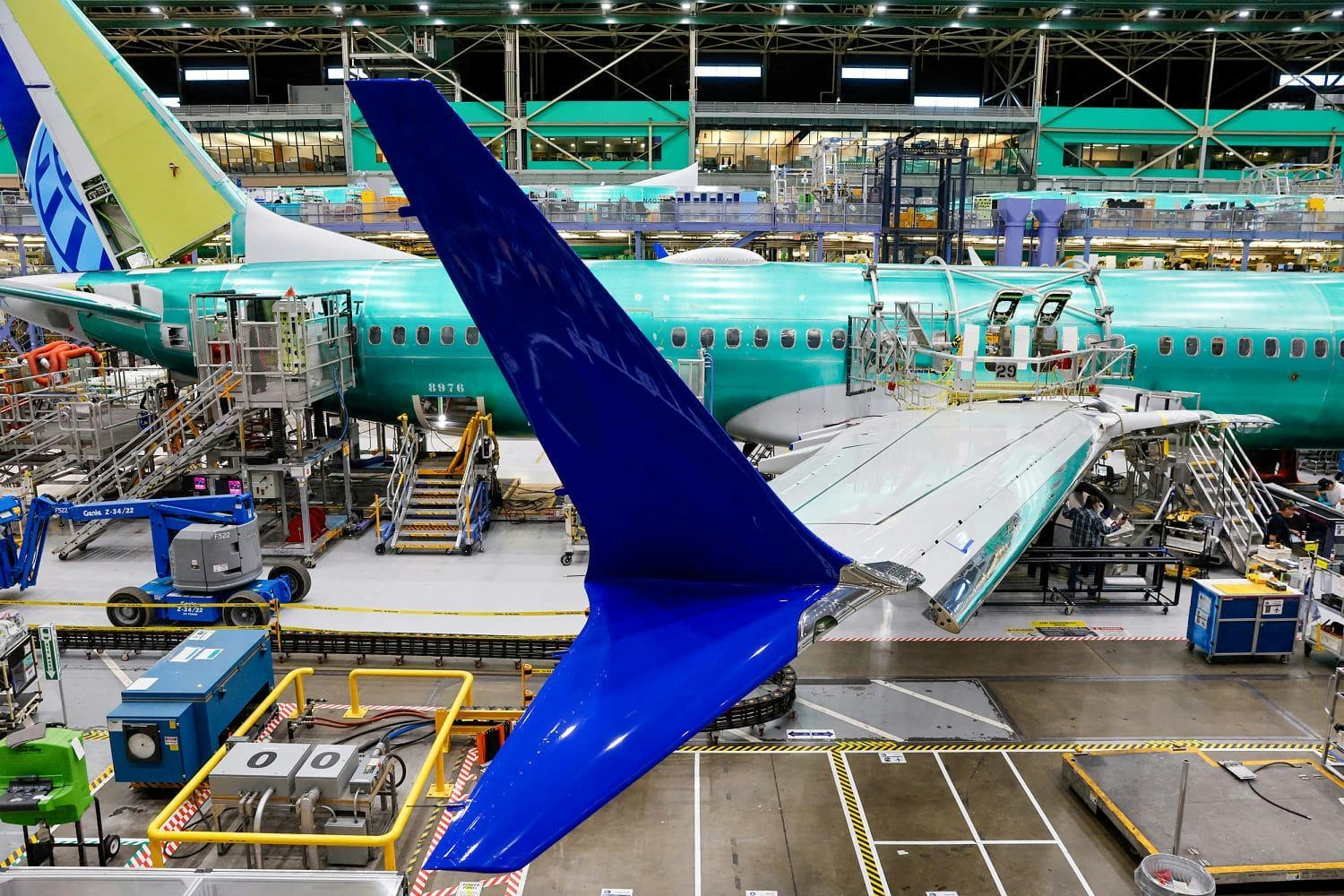
GE Aerospace and China Airlines Forge Strategic Partnership in Asia-Pacific Aviation

Ask Paul: Is This Engine at Risk of Failure?

Spain, Belgium, and Hungary Advance Sustainable Aviation with Wizz Air’s SAF Trials

ACMI Operations in Africa: Key Takeaways from AviaDev Panel

Akasa Air Signs Three-Year Maintenance Agreement with GMR Aero Technic for Boeing 737 MAX Fleet
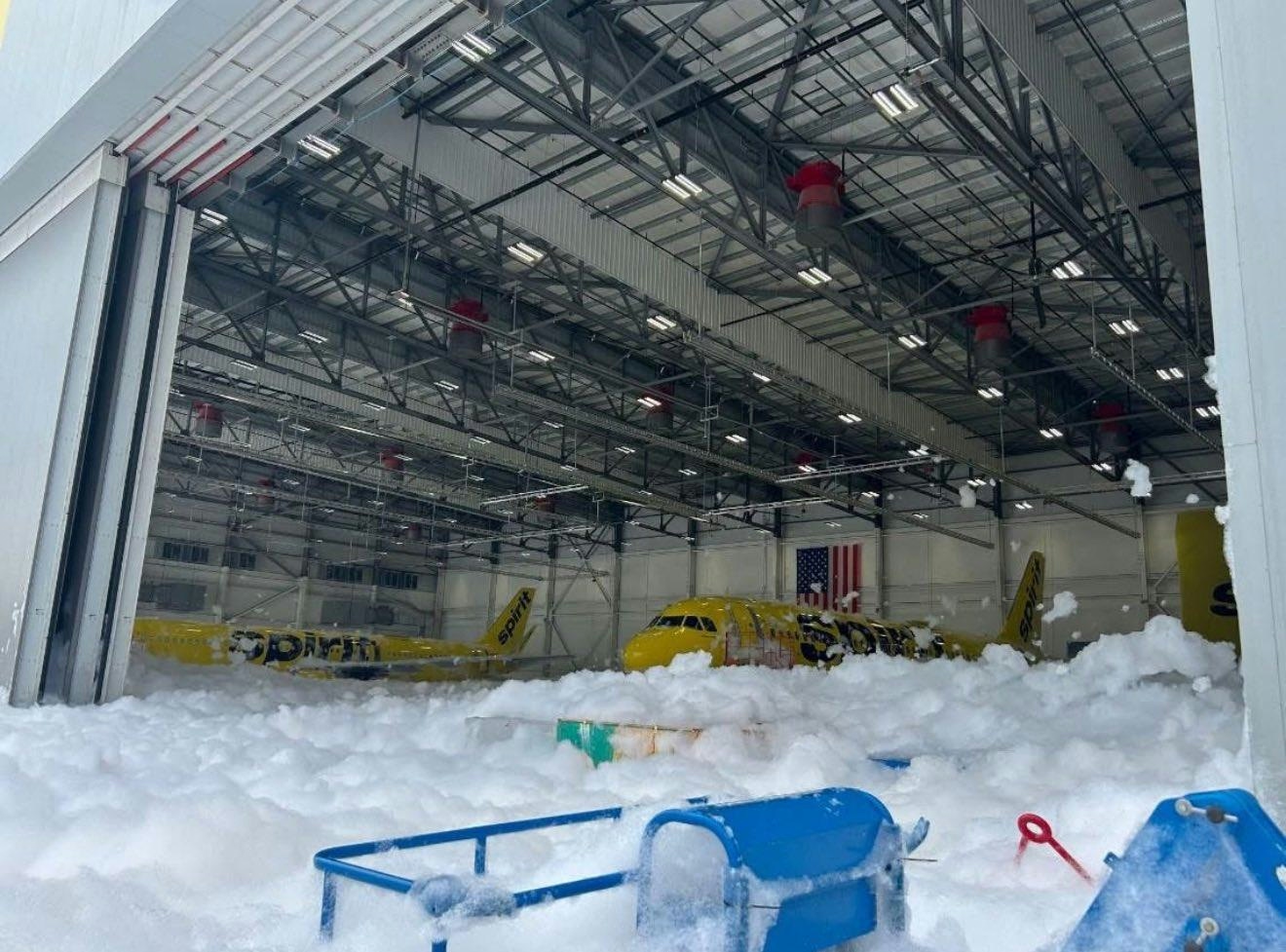
Foam Floods Spirit Airlines Hangar, Coating Jets at Detroit Airport
